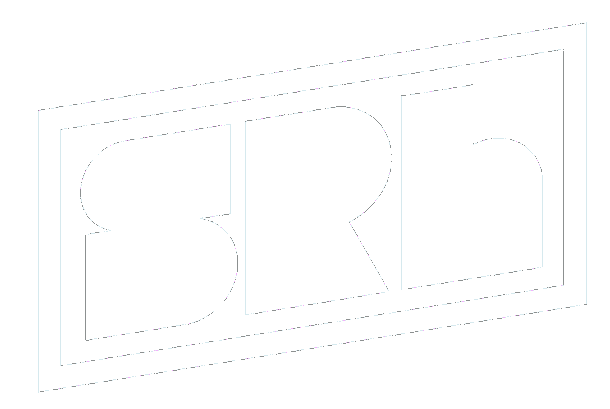Our Creative Director Damian Will Turn You Off
5:59 am
Deep sleep. You’re in the middle of a fantastic dream — your high school biology teacher Mr. Benson is dressed like Paul Stanley of KISS. He’s driving a motor boat and you’re whipping behind it on skis. He yells something from the boat but it sounds all digital and warbled … like your iPhone alarm.
6:00 am
You reach over, fumble around where your phone is precariously perched on the nightstand, grab it with eyes barely open and turn off the alarm. Then, without even thinking, you swipe the screen and it all begins. It’s Tuesday ... and from the looks of these 13 alert bubbles on the screen, it’s gonna be a doozy. There’s a series of text messages to “check your email regarding the meeting at 10:30”, 3 Twitter alerts, 2 voicemails, an Instagram meme of a hot dog eating contest gone wrong and a news alert about another school shooting. Your anxiety level just went from 0 to 9 in about 17 seconds. Yup, it’s Tuesday. And it’s not a whole lot different from the way you started your Monday, just 24 hours ago.
For many of us, this is everyday life. The new normal. As a society, we’ve grown accustomed to using our devices as a life portal. We dive straight into the stress pool every morning without allowing ourselves to take a moment to think, in silence, with our eyes closed. To breathe. To recalibrate. To not only take stock of what lies ahead, but what fantastic things might have happened yesterday, and what we could do today. To daydream ... for just a few minutes and really let go.
About 5 years ago I came across an interview with Jim James from the band My Morning Jacket. He talked about “turning off” and going analog in a digital world. How it had changed his habits and helped his overall mental health and creativity. One of his daily routines is something I’ve taken on myself and it’s been life-changing. It’s quite simple. Every morning make sure that the first thing you read or experience is not on a digital screen. It can be a book, a magazine, a piece of mail, a catalog, a painting. Take at least a half hour to do nothing that involves a laptop, a phone or a TV. Go analog. Play with your dog, go for a walk, grab a pencil and draw, write a poem, write a song, write down your crazy dream, pick up a guitar, plink away at a piano, go outside, stretch, look at the clouds, listen to the birds, clear your mind and get rid of all the mental clutter. This approach has helped me tremendously over the years — mentally, physically and especially creatively.
Unplugging is one of the things that drove me to practice Transcendental Meditation. 20 minutes in the morning. 20 minutes at night. Sitting in silence with the help of a mantra.
The benefits have been astounding.
It enables me to disconnect from distractions and gives me the opportunity to recharge my creative batteries.
It allows me to step away from work, even for a moment and find inspiration in the world around me.
To break away from the pressure and noise of social media. To disconnect from technology and embrace the present moment.
It reduces stress and promotes better mental health, allowing me to spend quality time with loved ones and connect with them on a deeper level.
It provides an opportunity to learn and discover new things, fostering creativity by allowing my mind to wander and explore new ideas.
And ultimately, it helps me prioritize what is important ... and let go of what is not.
Our stacked work calendars can be stressful and overwhelming with barely any room to breathe or reflect. It’s never been more important to unplug and step away during our busy days.
So do yourself a favor, even if it’s for just a few minutes. Turn off. Tune out. Unplug. And ultimately turn on.
See you offline,
Damian

